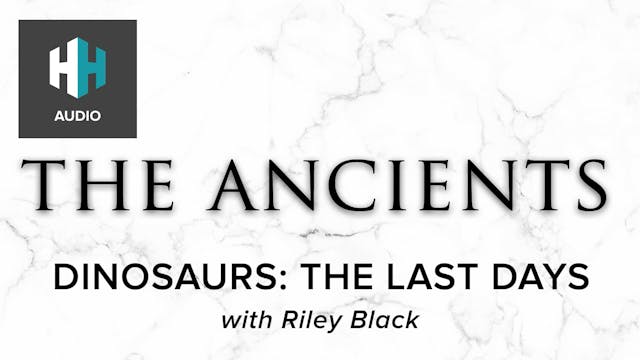Ares is the god of war and bloodlust in Greek mythology.
One of the twelve Olympian gods, Ares was often depicted as a fierce and bloodthirsty deity - both feared, and revered by the Ancient Greeks. But despite being a major figure in the Greek pantheon, Ares has often been overshadowed by more famous siblings, or legendary heroes. So why in an Ancient society, so defined by warfare, was Ares not a more central figure?
In the latest episode of our special series on Greek Gods and Goddesses, Tristan is joined by Professor Susan Deacy from the University of Roehampton to delve into Ares messy character. Together, they explore the role of Ares in Greek mythology, looking at the first kin-slayer and the reputation he left across history - asking just who was the god of war, and why should we be so afraid of him?
We've teamed up with Collette to provide our North American History Hit Subscribers with the opportunity to join Tristan on a trip to Rome and the Amalfi Coast. You'll spend 3 days exploring all Rome has to offer and then a further 3 days soaking up the history of the Amalfi coast. Follow this link [please hyperlink] www.historyhit.com/trips/ to find out more. History Hit subscribers will save $50 to $100 per person per tour.
Up Next in 🎧 The Ancients
-
🎧 Septimius Severus
Given his incredible career, you'd perhaps expect the name of Roman Emperor Septimius Severus to be better known. Born in North Africa in 145AD, he rose to power after distinguishing himself as a military commander at a time of great instability in the Roman Empire. Finally bringing the Year of t...
-
🎧 Dinosaurs: The Last Days
Around 66 million years ago, an asteroid the size of Mount Everest slammed into our planet, triggering the mass extinction of the dinosaurs and countless other species unable to adapt to the sudden environmental catastrophe that followed. What exactly happened on that fateful day, and what about ...
-
🎧 The First Humans
Where do humans come from? Or, perhaps more interestingly, who did humans evolve from? A question once posed by the likes of Charles Darwin and other early naturalists, the answer has changed throughout history. But now, thanks to advancements in archaeology and developments in genetics, we know ...




1 Comment